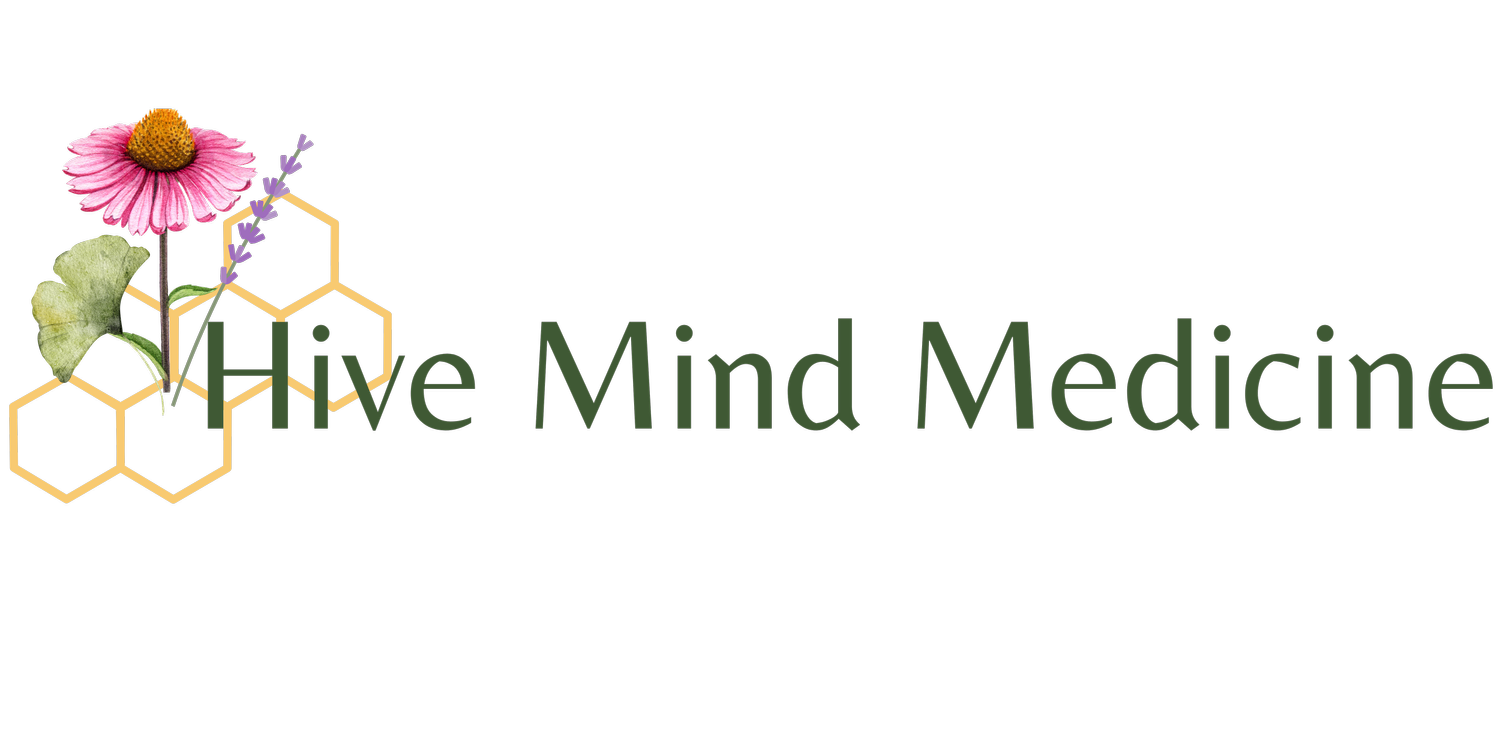Gelotology: The study of laughter and its effects on the body
KAYLE SANDBERG-LEWIS, BCN-Fellow, M.A., LMT
In the early 1960s, Norman Cousins, editor-in-chief of the Saturday Review, went to the USSR where he acted as an unofficial representative of the United States in negotiating what eventually became the Nuclear Test Ban Treaty. The schedule was tight and the pressure was high. In addition to the stress, Cousins was exposed to diesel exhaust while on the tarmac waiting to board a flight. He returned home extremely ill with mysterious symptoms that were eventually identified as connective tissue disease and ankylosing spondylitis. The prognosis was bad. His doctor estimated he had a few months, at best, to live and that would be spent in agony from the pain no medication seemed to affect.
What he did next is probably the reason he lived much longer than his doctor thought possible. With his doctor’s blessing, Cousins checked out of the hospital and into the hotel across the street where he subjected himself to laughter. In the process, he discovered that ten minutes of belly laughs allowed him to sleep pain-free for two hours. Cousins: The analgesic effect of belly laughs. If you would like to read the whole story, he documented his process in the book Anatomy of an Illness.
The old saying that laughter is the best medicine may seem like “happy talk” that is more aspirational than realistic, but science seems to back it up. Several studies have shown the strong therapeutic effect of laughter.
For example, a “discipline” called Laughter Yoga was compared to anti-anxiety medication in a study of patients who had anxiety and gastrointestinal symptoms associated with Irritable Bowel Syndrome. The authors of the study stated, “In conclusion, the current results have shown that laughter yoga is more effective than anti-anxiety medication in reducing GI symptoms in patients with IBS and in improving the quality of life of these patients.”
In another study, subjects who were given humor protocols improved their levels of natural killer (NK) cells. The authors concluded, “As low NK cell activity is linked to decreased disease resistance and increased morbidity in persons with cancer and HIV disease, laughter may be a useful cognitive-behavioral intervention.”
Still another study found that encouraging mirthful humor among oncology nurses improved their health, prevented burnout and had a ripple effect by positively influencing their patients.
Clearly, laughter is serious business. [One of the most tedious and unfunny seminars I sat through as an undergrad was based on the book “Jokes and Their Relation to the Unconscious” by Sigmund Freud. What a snorer!] But what IS funny? That’s where science has a harder time agreeing. What cracks me up may cause you to scratch your head in puzzlement or yawn in boredom. Generally, to be more widely appreciated, humor needs to have an element of surprise; be based in incongruent situations, involve clever word-play, and/or show recognition of our own flaws - not ridicule or shame of others. People can be funny and kind.
To bring laughter into your daily life, you may need to do some exploration - don’t give up if you are disappointed at first. The world is full of funny if you just keep yourself open to the possibilities.
Some suggestions:
If you enjoy standup comedians, the youtube channel Dry Bar Comedy may be a good place to start.
Another option is to join [or form] a laughter club or laughter yoga group in your area. Here in Portland, there are four laughter clubs listed under https://laughteryoga.org although two seem to have the same address - that’s pretty funny.
Check out joke books from the library - read them aloud in front of the mirror and dare yourself not to laugh.
Talk to little kids. They say the darndest things.
Kayle Sandberg-Lewis holds a M.A. in Behavioral Medicine, the study of how what we do affects our well-being. She has over three decades experience in stress management and is board certified in neurofeedback, which she introduced to her practice in 1996. Kayle co-founded Hive Mind Medicine in 2019, where she currently offers neurofeedback to her clients. Telehealth consults are available.
Hive Mind Medicine blog posts are for educational purposes only and are not intended as medical advice. Please consult with your health care practitioner for personalized guidance. Click on the contact button below if you would like to schedule with one of our Hive Mind practitioners.

